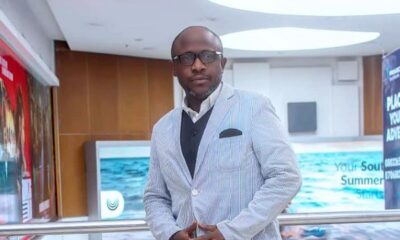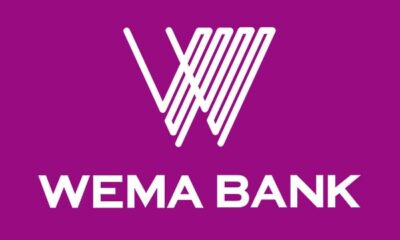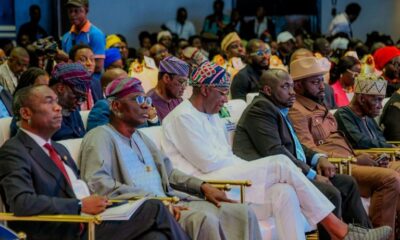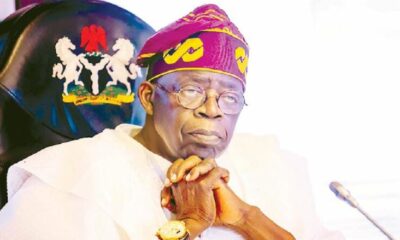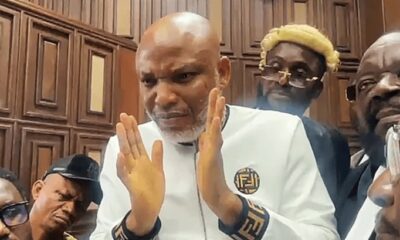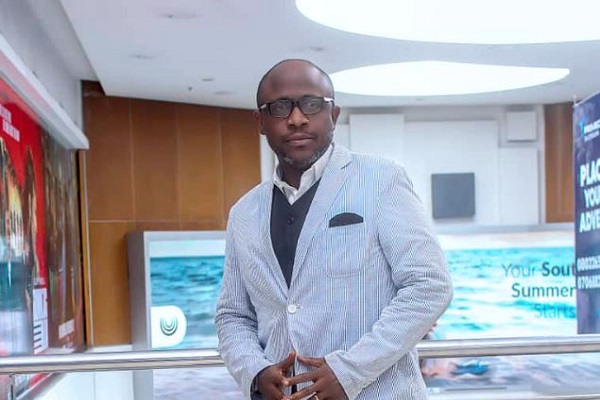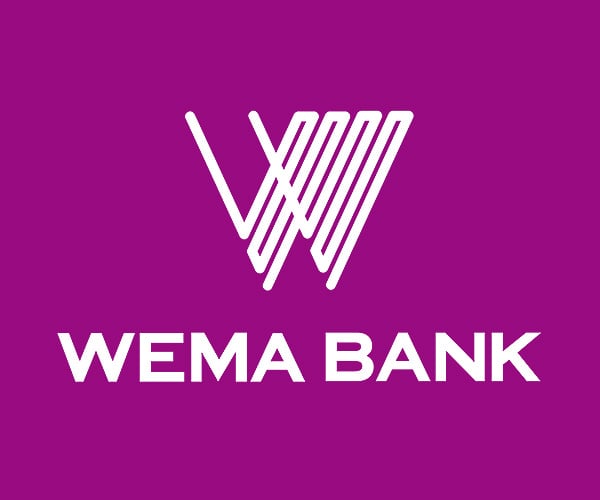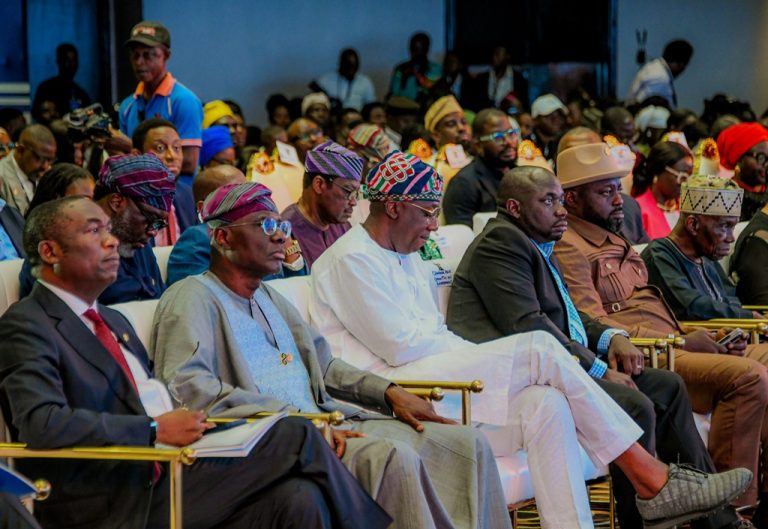The Lagos State Commissioner for the Environment and Water Resources, Mr. Tokunbo Wahab, has said that the ongoing 2025 Lagos International Climate Change Summit provides an opportunity for participants to rethink their relationship with the ocean, viewing it not as a resource to be exploited but as “a living system to be nurtured.”
The summit, which is being held at the Lagos Intercontinental Hotel, Victoria Island, focuses on the theme, “Blue Economy, Green Money: Financing Africa’s Coastal Resilience and Ocean Innovation.”
Speaking at the event, Governor Babajide Sanwo-Olu said Lagos State was set to take a “deep plunge” into its aquatic wealth, with plans to harness the full potential of its marine and coastal ecosystems.
Sanwo-Olu noted that the new focus of the state government was to unlock the many opportunities within the Blue Economy by developing sustainable financing models and innovative solutions that would protect the oceans, strengthen the coasts, and create prosperity for future generations.
According to him, the time had come for Lagos “to turn its blue waters into green wealth” through strategic investments that would build the economy of the future.
He explained that the state’s efforts to create a new ocean-driven economy were anchored on three interconnected pillars — resilience, innovation, and financing. “We are driving ocean innovation to reimagine commerce and mobility. And we are unlocking green and blue finance to power both. Lagos does not wait for the future; Lagos builds it. And this future is sustainable, inclusive and ocean-powered,” he said.
The Governor further noted that the state’s approach to harnessing its aquatic ecosystem aimed to build coastal resilience to protect lives and livelihoods. He added that the initiative was also a “renewed call to global investors,” stressing that “investing in Lagos’ resilience is not philanthropy; it is smart economics that will be seen as an investment in the stability of Africa’s most dynamic economy and the security of the continent’s coastal future.”
The two-day summit brought together a broad mix of stakeholders from both the public and private sectors, including innovators, financiers, policymakers, and environmental advocates.
Sanwo-Olu observed that although Lagos’ Atlantic coastline had long been used for recreation and tourism, limited attention had been given to the economic value embedded in its aquatic resources. He said the summit was designed not only to strengthen adaptation measures for environmental protection but also to provide a platform for innovators and investors to develop sustainable business models that would safeguard the natural ecosystem.
The Governor added that through the summit, Lagos was leading Africa’s drive toward a greener, more sustainable economy. He noted that the state’s policies had shown that “development and decarbonisation can be achieved together.”
“The blue economy is not just an economic concept; it is a lifeline for the planet. The green transition is not an obligation; it is an opportunity to rebuild better. We must seize this moment to finance the tides of resilience, to turn our blue waters into green wealth, and to leave behind not just a livable Lagos, but a thrivable one,” Sanwo-Olu said.
In his remarks, Mr. Tokunbo Wahab emphasised that despite the growing climate threats, Lagos’ ocean remained a vital artery for commerce and a source of livelihood for millions of people.
“The Blue Economy represents more than just water-based industries; it embodies a new frontier for sustainable prosperity. This summit also provides an opportunity to bridge a crucial gap between visionary climate action and the sustainable financing needed to make it a reality,” Wahab said.
He reiterated that Lagos was committed to tangible actions in pursuit of its environmental vision. “Our mission is clear: it is to unlock the capital that will help us build resilience, drive innovation, and protect our coastal future. Lagos isn’t just talking about this vision; we are taking concrete steps to bring it to life,” he added.
Also speaking, Minister for Marine and Blue Economy, Mr. Gboyega Oyetola, reaffirmed the Federal Government’s commitment to the development of the nation’s marine sector.
Oyetola, represented by the Director-General of the Nigerian Maritime Administration and Safety Agency (NIMASA), Dr. Dayo Mobereola, said several reforms had been implemented to improve maritime governance and promote environmental sustainability.
He said, “Lagos State is key to achieving this vision, with ongoing roadmaps focused on marine conservation, innovation and sustainable use of ocean resources.”
The Minister added that the Federal Government would continue to collaborate with stakeholders in both the public and private sectors to unlock Nigeria’s maritime potential, strengthen security at sea, and ensure long-term benefits for the economy and coastal communities.
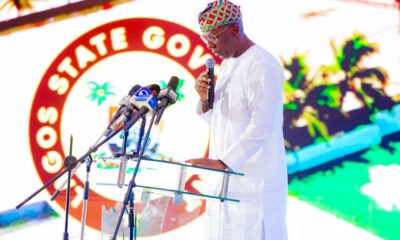
 BIG STORY22 hours ago
BIG STORY22 hours ago
 BIG STORY5 days ago
BIG STORY5 days ago
 BIG STORY4 days ago
BIG STORY4 days ago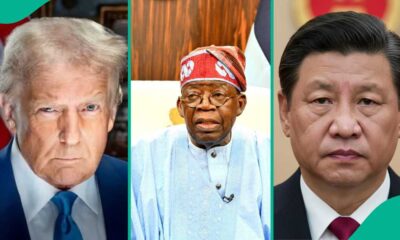
 BIG STORY4 days ago
BIG STORY4 days ago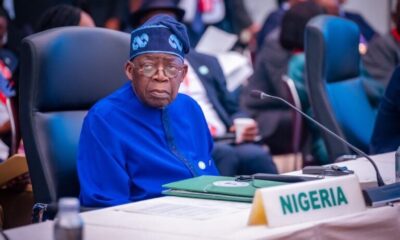
 BIG STORY4 days ago
BIG STORY4 days ago
 BIG STORY3 days ago
BIG STORY3 days ago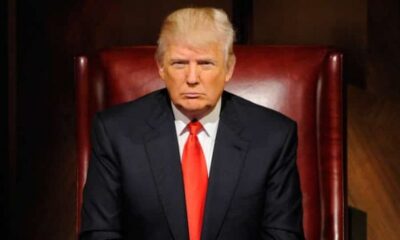
 BIG STORY2 days ago
BIG STORY2 days ago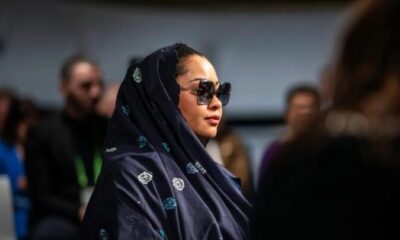
 BIG STORY4 days ago
BIG STORY4 days ago







